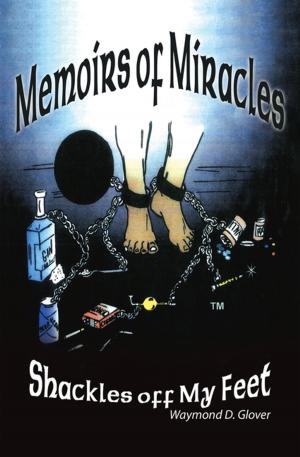| Author: | Captain Art Samson | ISBN: | 9780984791224 |
| Publisher: | TheCaptainsAirline | Publication: | February 17, 2012 |
| Imprint: | Language: | English |
| Author: | Captain Art Samson |
| ISBN: | 9780984791224 |
| Publisher: | TheCaptainsAirline |
| Publication: | February 17, 2012 |
| Imprint: | |
| Language: | English |
Naval Aviator Brad Morehouse finds himself relegated to the flight engineer seat of a commercial 727 following a tragic accident during the Blue Angel’s triumphant homecoming in 1983. From the lowest notch on the totem pole he watches the downward spiral of Omega Airlines as one crew blunder after another threatens to force the once proud captains’ airlines into extinction. Accidents were a growing concern in the airlines during those years. In 1978 a United Airlines DC-8 crashed in Portland, Oregon because the captain simply could not hear - comprehend - the flight engineer’s warning about low fuel quantity. From that point forward the FAA required all airlines to provide special crew training in communication and effective interaction - the touchy-feely side of the equation - a discipline that would become known as Crew Resource Management (CRM.). Because of his experience on high performance teams, Brad is chosen to be a member of a blue-ribbon committee tasked to design a state-of-the-art CRM training program at Omega. The activities of that committee provides the opportunity for the author to expose the actual underlying dynamics of numerous hair-raising calamities. Readers are treated to the authentic bristling accounts of airplanes falling out of the sky, crashing into the everglades and the streets of San Diego, of the gut wrenching experience living through an accident, of individuals haunted by failure, and teams admirably conquering impending disaster. Protagonist Brad Morehouse wrestles with a collapsing marriage and faltering career, to emerge as Omega’s white knight. Along the way the reader comes to know the macho mind-set of previous-generation pilots, the sizzle of airline romance, the rollicking good humor of capable leaders, and the grit of effective teams. They see how everyday people have prepared to perform as the highly skilled USAIR crew, lead by Captain Chesley Sullenberger did when they landed safely in the Hudson River in January of 2009. One cannot escape the implication that the straight-forward principles of CRM extend far beyond the cockpit into all aspects of our complex lives.
Naval Aviator Brad Morehouse finds himself relegated to the flight engineer seat of a commercial 727 following a tragic accident during the Blue Angel’s triumphant homecoming in 1983. From the lowest notch on the totem pole he watches the downward spiral of Omega Airlines as one crew blunder after another threatens to force the once proud captains’ airlines into extinction. Accidents were a growing concern in the airlines during those years. In 1978 a United Airlines DC-8 crashed in Portland, Oregon because the captain simply could not hear - comprehend - the flight engineer’s warning about low fuel quantity. From that point forward the FAA required all airlines to provide special crew training in communication and effective interaction - the touchy-feely side of the equation - a discipline that would become known as Crew Resource Management (CRM.). Because of his experience on high performance teams, Brad is chosen to be a member of a blue-ribbon committee tasked to design a state-of-the-art CRM training program at Omega. The activities of that committee provides the opportunity for the author to expose the actual underlying dynamics of numerous hair-raising calamities. Readers are treated to the authentic bristling accounts of airplanes falling out of the sky, crashing into the everglades and the streets of San Diego, of the gut wrenching experience living through an accident, of individuals haunted by failure, and teams admirably conquering impending disaster. Protagonist Brad Morehouse wrestles with a collapsing marriage and faltering career, to emerge as Omega’s white knight. Along the way the reader comes to know the macho mind-set of previous-generation pilots, the sizzle of airline romance, the rollicking good humor of capable leaders, and the grit of effective teams. They see how everyday people have prepared to perform as the highly skilled USAIR crew, lead by Captain Chesley Sullenberger did when they landed safely in the Hudson River in January of 2009. One cannot escape the implication that the straight-forward principles of CRM extend far beyond the cockpit into all aspects of our complex lives.















